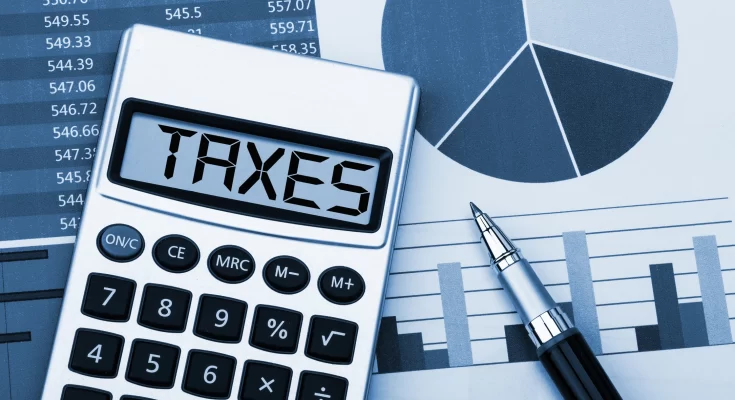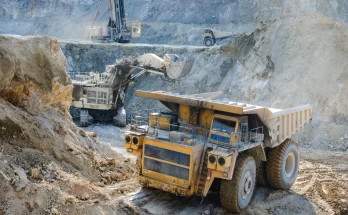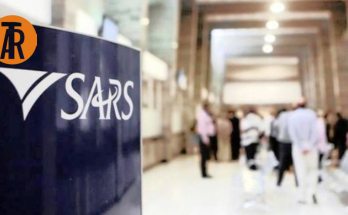South Africans may soon face another financial strain as Deloitte experts predict an increase in fuel taxes, potentially adding to the mounting cost pressures on consumers.
Momohlwa Mohlola, Associate Director in Deloitte’s Corporate Tax Sector, shared insights with BusinessTech, suggesting that fuel levies are likely to be adjusted upwards in the 2025 Budget Speech.
Currently, the General Fuel Levy accounts for 18% of the retail price of fuel, while the Road Accident Fund (RAF) Levy contributes around 10%.
In the 2024 Budget, Finance Minister Enoch Godongwana opted to keep these levies unchanged, acknowledging the financial hardships faced by households and the broader economy.
This decision provided an estimated R4 billion in tax relief to consumers. However, such relief may not extend into 2025.
Beyond the expected fuel levy increase, Deloitte also anticipates a rise in the carbon fuel levy, which is an additional charge layered onto the general fuel levy.
The 2024 Budget saw this levy increase to 11 cents per litre for petrol and 14 cents per litre for diesel. With fuel prices already under pressure, any further levy hikes could significantly impact consumers and businesses alike.
South African Rand Weakens as Markets Await Ramaphosa’s Economic Address
Fuel Tax Increases Amid Revenue Shortfalls
The likelihood of a fuel tax hike comes as South Africa grapples with declining revenue collections. In the Medium Term Budget Policy Statement (MTBPS) delivered in October, Minister Godongwana projected a revenue shortfall of R22.3 billion by year-end.
The South African Revenue Service (SARS) has attributed part of this shortfall to a contraction in fuel consumption, which has led to a 3.9% drop in the Net Fuel Levy, resulting in a revenue gap of R7.2 billion.
A significant reduction of 1.333 billion litres in fuel consumption has been recorded over the financial year, a shift largely attributed to decreased load shedding and an increased reliance on alternative energy sources. While beneficial for energy stability, this decline directly affects the government’s fuel tax revenue, increasing the likelihood of a tax adjustment in the upcoming budget.
More Financial Pain for Consumers
South Africans have already been hit by a series of fuel price increases, with the latest occurring in February 2025. The Department of Petroleum and Mineral Resources cited a weaker rand and rising global oil prices as primary factors behind the recent hikes.
January marked the fourth consecutive month of fuel price increases, with February seeing petrol prices rise by 82 cents per litre and diesel prices increasing between R1.01 and R1.05 per litre.
Unfortunately, the outlook for March remains grim. Early indicators from the first week of February suggest further under-recoveries in global oil prices, hinting at additional price hikes.
Current projections indicate a potential increase of between 55 and 66 cents per litre for petrol and between 32 and 41 cents per litre for diesel.
As South Africans brace for further economic challenges, the anticipated rise in fuel taxes could add to the financial strain, affecting both consumers and businesses reliant on transportation and logistics.
With the 2025 Budget Speech approaching, all eyes will be on the government’s fiscal decisions and their impact on the cost of living.




